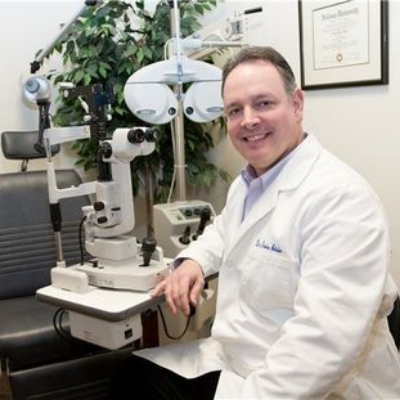Have you been told you have cataracts, but not sure about the myths and facts?
Here are the top 5 myths and facts about cataracts.
Cataracts result from the buildup of protein on the eye’s normally clear lens, they cause cloudy, blurry vision, decreased color perception and eventually vision loss.
Cataracts are one of the leading causes of blindness, affecting 20 million people worldwide. While most people have heard of cataracts, misconceptions abound.
If you suspect you have cataracts, contact an eye doctor near you who can diagnose and manage this very common and sight-threatening eye condition.
SEE RELATED: When Should I Have Cataract Surgery?
Myth 1: Only older people get cataracts
Fact: People of all ages, even newborns, can have cataracts.
Cataracts are a natural part of the aging process, and therefore affect the elderly more often than younger people. However, eye trauma and certain medications can also lead to cataracts. Some babies may be born with cataracts.
Myth 2: Cataracts are growths within the eye
Fact: Cataracts aren’t growths; rather, they’re changes in the eye’s natural lens.
Cataracts occur when the protein cells in the lens start to clump together and deteriorate, resulting in cloudiness. A person with cataracts will typically have cloudy vision with a yellow or brown tint.
Other symptoms associated with cataracts include:
- Double vision
- Halos around lights
- Colors are perceived as faded or yellowed
- Frequent changes in one’s lens prescription
If you have experienced any of the following symptoms, contact an eye doctor near you.
Myth 3: To treat or reverse cataracts, change your lifestyle
Fact: The only way to cure a cataract is with surgery.
The surgery removes the cataract and implants a new clear lens. While healthy lifestyle choices such as regularly exercising, getting enough sleep and eating well can impact eye health and your overall health, it cannot cure cataracts.
Myth 4: There is no way to prevent cataracts
Fact: While there is no clear cut way to prevent cataracts, wearing 100% UV blocking sunglasses outdoors can help.
Another way to delay the onset of cataracts is to incorporate eye-healthy foods into your diet, like colorful vegetables and leafy greens.
Myth 5: If you have cataracts you need surgery right away
Fact: You only need to have cataract surgery if your cataracts are interfering with your vision and impacting your lifestyle.
If you are able to safely perform activities, such as driving at night, you don’t necessarily need surgery right away. Have your eye doctor monitor your cataracts to determine if there is any cataract-related vision loss.
LEARN MORE: Guide to Eye Conditions
The best way to manage cataracts is to schedule regular eye exams with an eye doctor who has experience diagnosing and managing cataracts.
The doctor will give you all the information you need to help you decide which treatment options are best for you.










